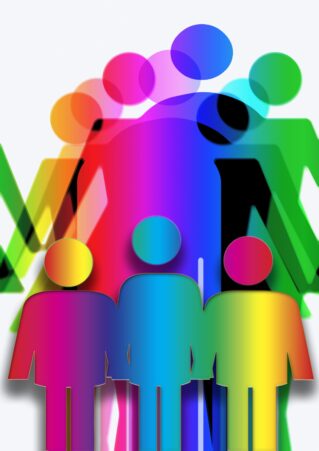The State approved 195 gender recognition certificates last year, the highest number in any year since the provision to change the legal designation of one’s gender was introduced in 2015. It is one of the most radical pieces of legislation of this kind in the world and allows for gender self-identification without the need for any changes being made to a person’s body or for any medical diagnosis.
No applications for a certificate were refused, while one certificate was issued to a person aged between 16 and 17 years old. The remainder were issued to people over 18.
There were slightly more people legally changing from female to male (105) than from male to female (90).
In Britain, proposals to allow pure self-identification without medical diagnosis were rejected in late 2020.
Since the Gender Recognition Act 2015, a person can apply to the Minister for Social Protection for a gender recognition certificate, which ensures that the person’s preferred gender is recognised by the State.
Any person over 18 can apply for a gender recognition certificate, though there are separate arrangements for children aged 16 and 17.
There has only been one certificate refused since the introduction of the Act, which was to an adult aged over 18 in 2017.

















